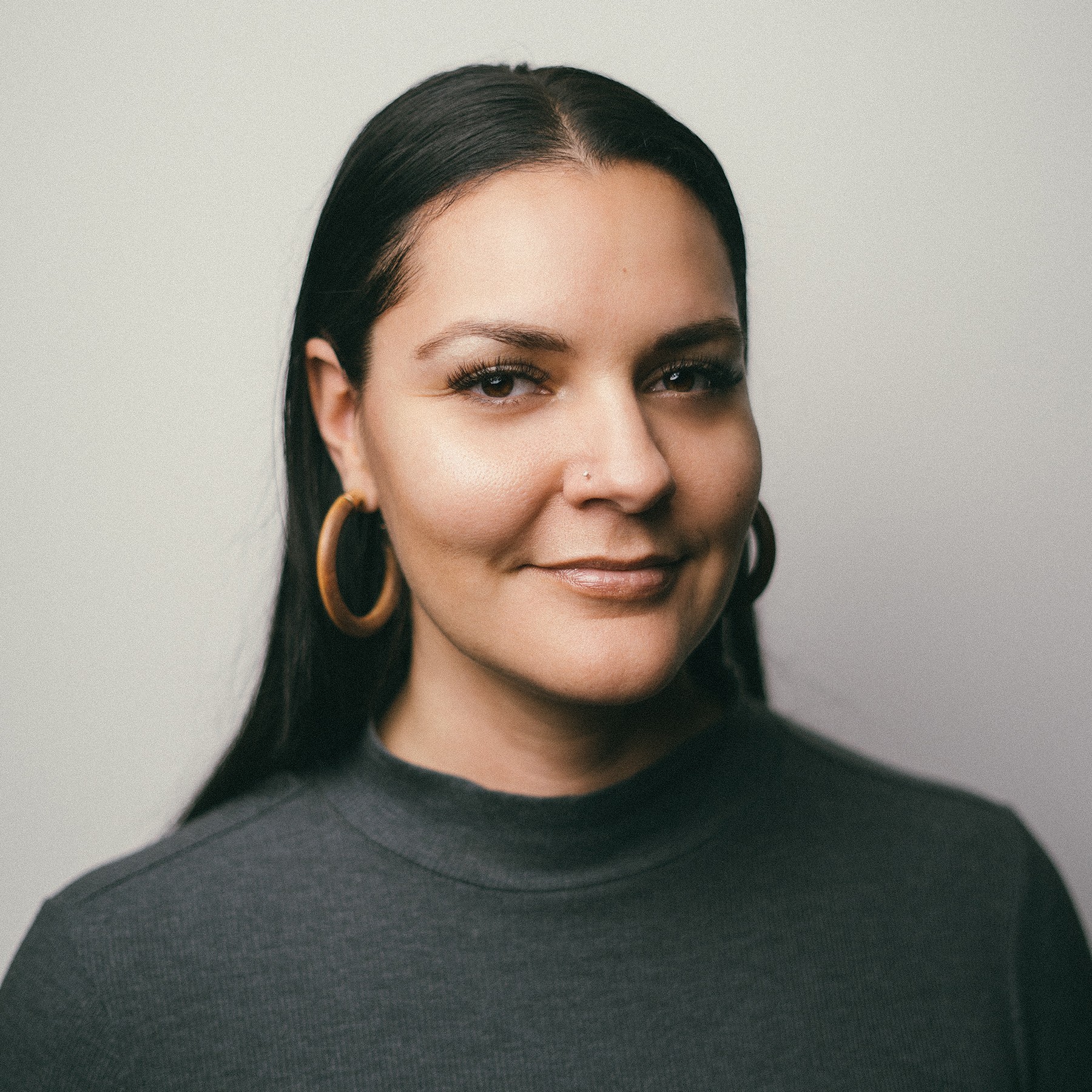
Join us for a talk by Julia Lafreniere (Michif and Anishinaabe from Treaty 4 territory in Manitoba), who will discuss her work as the Head of Indigenous Ways & Equity at the Winnipeg Art Gallery–Qaumajuq and the Artworks Renaming Initiative, which addresses problematic pieces by giving new names to identified artworks with the assistance of Indigenous Elders, knowledge keepers, and language keepers.
As with many historical collections of artworks, there are certain works in the Winnipeg Art Gallery’s collection that are culturally inappropriate in today’s context. This could include their subject matter, their mediums, or their institutional cataloguing and titles. The Renaming project was an initiative that directly addressed the UNDRIP (United Nations Declaration on the Rights of Indigenous Peoples) and tangibly incorporated Indigenous knowledge into the canon of art history and the art institution.
Presented in partnership with the Consulate General of Canada in Minneapolis.
About the series:
Who decides how history is told, and what counts as art? For many years, museums have claimed the social authority to interpret history and culture. As institutions rooted in colonialism, museums largely have presented Eurocentric narratives and displayed art that misrepresented or erased Indigenous peoples. In recent years, Indigenous curators, artists, and community members have called for decolonizing museums.
This speaker series features Indigenous museum and cultural professionals who are working to change the narrative and elevate Native creative expression. This series is part of the “Walking in the Footsteps of our Ancestors: Re-Indigenizing Southeast Nebraska” project at the Center for Great Plains Studies, funded by the Mellon Foundation.
This talk is free and open to the public. This is a live event only at the request of the speaker.
https://www.unl.edu/plains/great-plains-great-ideas-paul-olson-seminars
More details at: https://events.unl.edu/2024/03/05/179047/